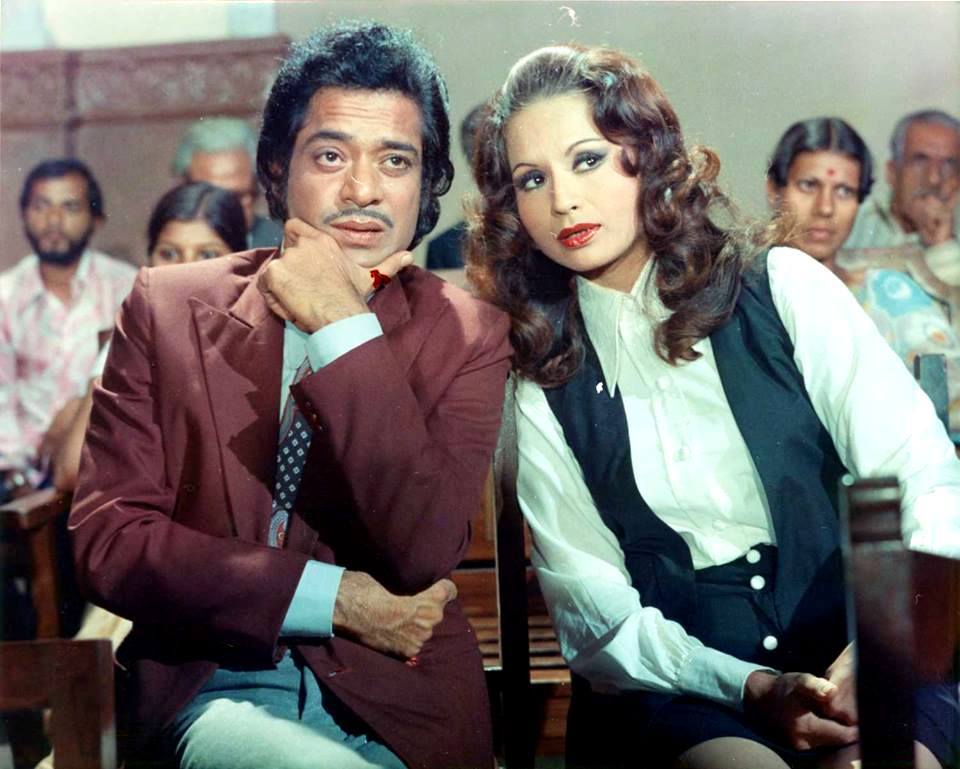Remembering Leela Chitnis, a pioneering actress of early bollywood, on her 15th death anniversary.
Leela Chitnis played a crucial role in dismantling the disrespectful image of film actors, particularly that of women, during the early years of 1930s. Chitnis was one of the first educated actresses to join the Hindi film industry and continued to work there well into the 1980s. Chitnis is best remembered for her personification of the sacrificial and victimized mother in a number of films such as Chhaya (1936), Insaaf (1937), Bandhan (1940), Awaara (1951), Naya Daur (1957), Kala Bazar (1960) and Waqt (1965).
Born in Dhanwad, Karnataka on September 9, 1909, Chitnis was brought up in an educated family, where her father was an English professor. She was married at the young age of fifteen to Dr. G Y Chitnis and started a big family of four children. Post her graduation, she had joined ‘Natyamanwantar’, a progressive theatre group that produced plays in Marathi. She was an avid supporter of India’s independence struggler and even harboured the freedom fighter Manabendra Nath Roy. She eventually got a divorce from her husband, and started work as a school teacher after which she joined the Hindi film industry. She began to work in Hindi films as an extra. Soon, she was cast as the main lead in mythological and stunt films.
In her initial years in Hindi films, she worked at Prabhat Pictures, Pune and Ranjit Movietone. Soon she was associated with one of the top studios during the 1930s and 40s, Bombay Talkies. At Bombay Talkies, she rose to stardom and her pairing with co-star Ashok Kumar became instant hits, with movies such as Azad (1940), Bandhan (1940) and Jhoola (1941).
By the mid-1940s Chitnis entered another stage of her career when she played a suffering mother in Shaheed (1948). The next four decades saw Chitnis being typecast in similar maternal roles. Her personification of this character played a determining role in establishing her central role in defining the histrionics of maternal melodrama in Hindi films. During her working years, Chitnis also wrote and directed a theatrical adaptation of Somerset Maugham's The Sacred Flame (1928). Her autobiography, Chanderi Duniyet was published in 1981.
Chitnis was the first Indian film actress to endorse the popular soap brand, Lux. What started with Chitnis, has made the brand what it is today, and its association with Hindi film stars as an epitome of the link between beauty, promotion and stardom.
Her last film was Dil Tujhko Diya (1985). In the late 1980s, Chitnis moved to the US to live with her children.
Leela Chitnis passed away in the United States on July 14, 2003 at a nursing home in Danbury, Connecticut.





Comments
Post a Comment